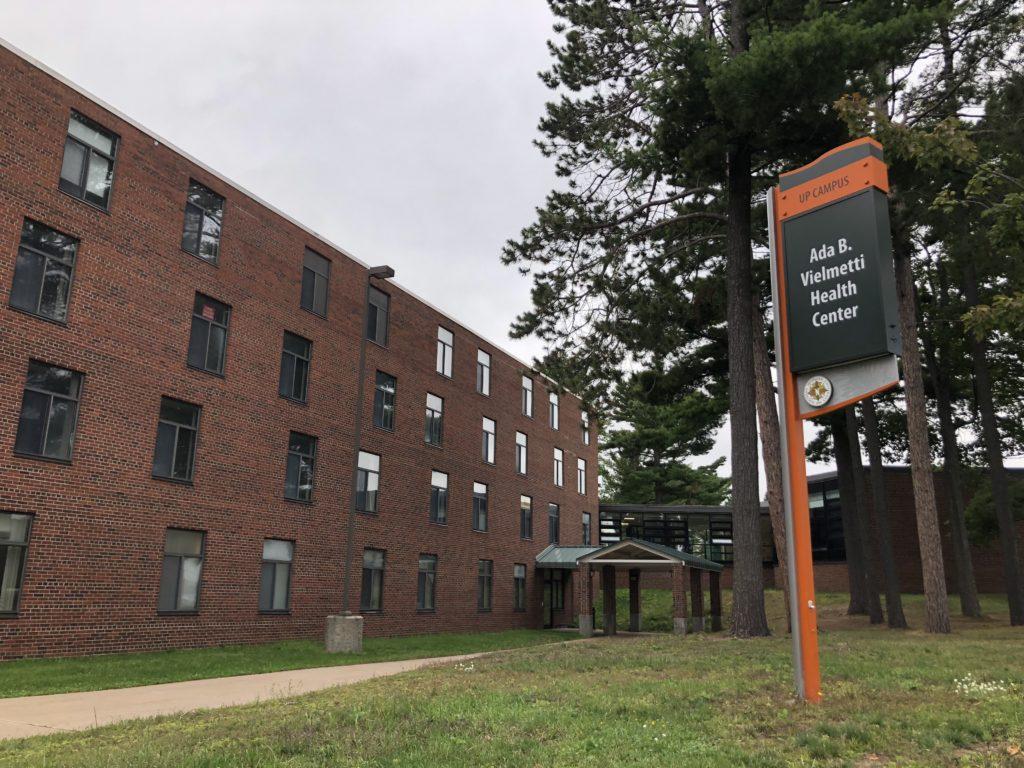In a national and statewide sign that the opioid addiction is an expanding scourge, NMU will handout free Narcan (naloxone) kits to any student, faculty or community member.
Through a statewide initiative that will launch on Sept. 14 aimed at arming more residents with medication to save a life, the NMU Ada B. Vielmetti Health Center will distribute naloxone kits on Sept. 25.
Michigan has received 50,000 naloxone kits through grant funding through the federal government, and NMU’s Health Center will handout kits to anyone. No identification or prescription is required, anyone 14 years and up is allowed to pick up a kit however no health care professionals or first responders are eligible.
“We’re hoping it will be a good turnout and it will give people a second chance but we have no idea of how it will go over,” NMU Pharmacist Janice Nolan said.
Narcan comes in the form of a nasal spray and it’s used to counteract an opioid overdose. To use the kit, a person has to spray up an individual’s nose and it will block the opioid site. But because opioids suppress respiration, it’s important that people suffering from an overdose still go to the emergency room after using Narcan because naloxone is short-lived and it needs to be repeated, Nolan said.
“Obviously the best case scenario is if we didn’t have this situation, but now that we’re in it if [naloxone] can save a life, it can save a life,” Nolan said. “Hopefully you can get them to the emergency room. They can go through the proper channels to get counseling and survive the ordeal. That’s what our hope is.”
More than 2,000 people died from overdose deaths in 2017 involving opioids, which is a rate of 21.2 deaths per 100,000 persons, and is higher than the national rate of 14.6 deaths per 100,000 persons, according to the National Institute on Drug Abuse.
Not all overdoses are from illegal substances, Nolan said. Some are accidental, and some overdoses come from individuals who go through rehab, then turn back to opioids and it ends fatally because their bodies can no longer tolerate their regular high dosage, Nolan said.
Through today’s system called Multidisciplinary Association For Psychedelic Studies (MAPS), pharmacies and dispensers are able to track controlled substances to prevent drug abuse and diversion at the prescriber, pharmacy and patient levels. This has contributed to the awareness surrounding drug abuse, Nolan said.
Nolan has never had to use her Narcan kit, it’s important to be prepared, she said. It’s a temporary life support mechanism, it keeps overdosed individuals alive, but it’s important people understand that they need to visit the emergency room following the Narcan usage, Nolan noted.
“It’s a bad situation we’ve got ourselves into. We started back in the ‘80s and we put pain as a fifth-vital sign so they ask when you come into the doctor so then we’ve treated pain now we’re kind of backtracking a little bit,” Nolan said.





























